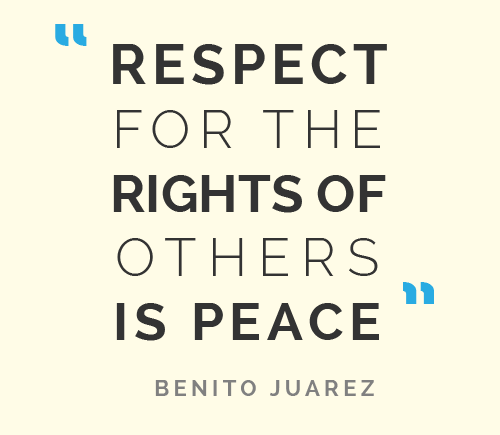Lutz, Catherine. 1990. “Morality, Domination and Understandings of ‘Justifiable Anger’ among the Ifaluk.” In Everyday Understanding: Social and Scientific Implications. Edited by Gün R. Semin and Kenneth J. Gergen, p. 204 ‑26. London: Sage.
The Ifaluk have a powerful emotional concept called justifiable anger—song in their language—to convey their reactions to morally-condemned actions. The concept is essential in maintaining peaceful relationships on the island, where violence is very rare. Song differs from the English word ‘anger’: it is a pro-social rather than an antisocial concept, and it does not carry other meanings of annoyance. Feelings of song get back to others through gossip, and they usually respond with a fear of what the angry person may do. Anticipation of justifiable anger thus prompts adherence to the island’s social codes, such as sharing and quiet speech. When someone violates a major social value, he or she may incur the song of the chiefs, who are the final arbiters of island morality and whose emotional leadership is linked to their authority over Ifaluk politics. While justifiable anger normally flows downward in the hierarchical structure, people lower on the social scale can also invoke song in return for affronts or in attempts to change power structures.
We appreciate the permission to copy this article for the Peaceful Societies Website granted by both Prof. Lutz and by Sage Publications. The article, in PDF format, is 79.4 KB in size.
